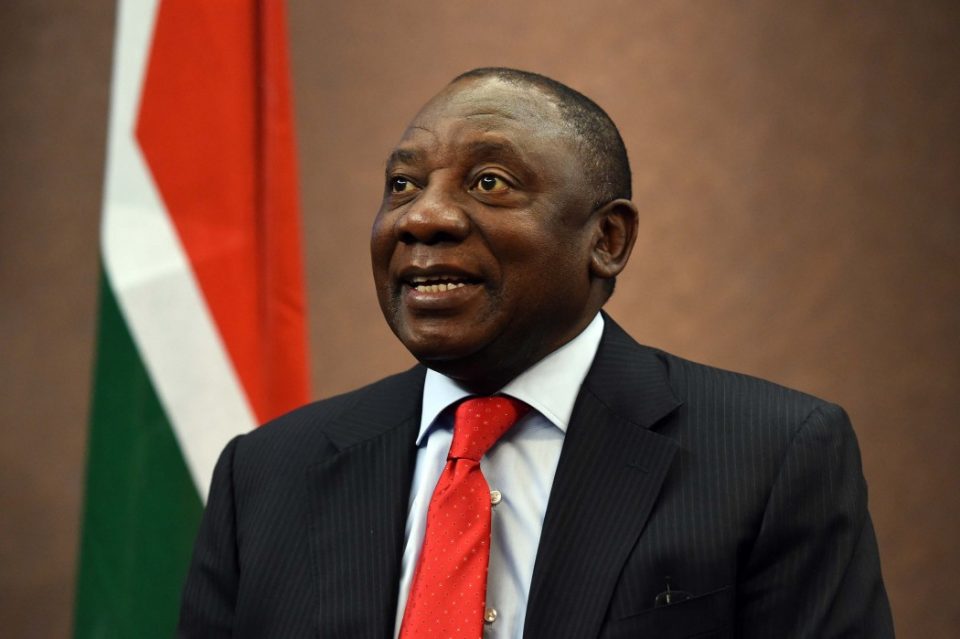BY SEYIFUNMI LUMEKO
South Africa’s state-owned enterprises (SOEs) have been instrumental in driving growth and development across multiple facets of the energy sector. The relevant entities have not only taken a proactive stance in enhancing South Africa’s domestic capacity, but have been key drivers of regional energy sector and economic growth. With a comprehensive National Development Plan targeting accelerated economic development through energy infrastructure investment, the establishment of a consistent energy supply to meet domestic needs, and the diversification of power sources and ownership, South Africa’s SOEs are leading the way in Africa’s energy growth and positioning South Africa as a competitive sector on the global stage.
South Africa’s largest SOE, Eskom, is responsible for the generation, transmission and distribution of electricity – generating approximately 95% of electricity used in the country and 45% of the electricity used in Africa. In addition to domestic power activities, the company both exports and imports electricity across neighboring countries within the Southern Africa Power Pool. With a strategic objective to establish energy security, expand access to electricity and spur socio-economic growth and prosperity, Eskom has been gradually improving South Africa’s power sector, and has relied on regional collaboration to do so.
Meanwhile, South Africa’s SOEs have made significant progress within the oil and gas sector, prioritizing the exploration, acquisition, and development of appropriate energy solutions to meet the future energy needs of South Africa. Most notably, the Central Energy Fund (CEF) – a Schedule 2 state-owned diversified energy company that reports to the Department of Mineral Resources and Energy (DMRE) – has played an instrumental role in the country’s energy sector transformation. With a vision to reduce South Africa’s overdependence on multinationals, and to act as a vehicle for economic growth and poverty alleviation through established energy security and reliable supply, the CEF has accelerated growth across the entire energy value chain.
What’s more, the CEF’s subsidiaries have played a critical role both in South Africa and the southern African regions’ energy transformation. The Strategic Fuel Fund (SFF), for example, – responsible for the country’s strategic crude oil stockpile as well as the commercialization of its substantial crude oil storage facilities – has contributed significantly to the country’s energy security supply. The SFF owns three crude oil storage facilities in South Africa and has managed not only to generate net income for the country, but has financed the operating costs of maintaining the country’s strategic oil reserves. The company has managed to ensure secure crude oil supply for South Africa through domestic sources as well as through imports made possible through established strategic partnerships with regional stakeholders. Notable partners include Mozambique, Nigeria, Ghana, and the Congo.
Additionally, the SFF has been committed to exploration campaigns with joint partnerships intended to contribute to South Africa’s supply while assisting to develop other African markets in their own development. Notably, the company announced in 2019 that it will jointly operate an oilfield block in South Sudan with the country’s national oil company Nilepet. By focusing on exploration, the SFF is establishing an intra-African oil network, ensuring energy security as well as a viable supply for years to come.
In April 2021, the CEF and the DMRE announced that three of the CEF’s subsidiaries were to be combined under a new entity, dubbed the South African National Petroleum Company. These companies include the SFF, iGas and the Petroleum Oil and Gas Corporation of South Africa – also known as PetroSA. The merger aims to ensure a more streamlined operating model across CEF subsidiaries, whereby integration has arisen as the best solution for efficiency and progress. By merging the companies into one comprehensive entity, the CEF and DMRE are focused on accelerating exploration, production, and development in South Africa and beyond, ensuring the establishment of a competitive African energy market that translates into sustained economic growth.
Finally, state-owned Transnet has been a key facilitator in the transportation of oil and gas, enabling the import of critical fuels to the country’s refineries as well as product distribution through an extensive domestic network. Notably, the company is responsible for the maintenance and expansion of South Africa’s rail, ports, and pipeline infrastructure, whereby it transports liquid and gaseous fuels through a pipeline network across the country. Transnet pipeline networks transport 100% of the country’s bulk petroleum products, broadening energy access and supply opportunities.
While South Africa’s SOEs position themselves as key drivers of southern Africa’s energy sector growth, African Energy Week (AEW) 2021 in Cape Town emerges as the ideal platform for SOEs to interact with both African and global stakeholders, driving deal-making, engagement and partnerships. The SOEs have been instrumental in South Africa and will be able to promote the country, and the role they have played, at AEW 2021 in Cape Town, positioning public enterprises at the center of Africa’s energy growth. With significant opportunities present in South Africa, and SOEs committed to the country’s energy success, AEW 2021 will place the country at the forefront of the events agenda, promoting investment and partnerships that will drive development country wide.


